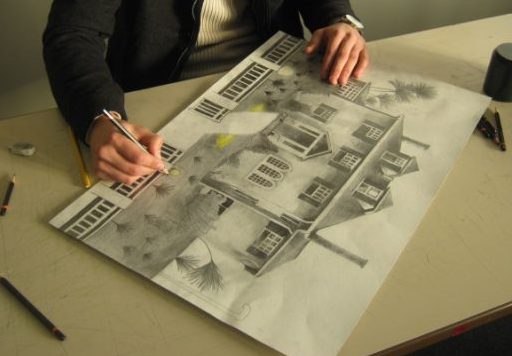Curriculum
Teaching, learning and assessment embedded in the curriculum here, at The Constance Bridgeman Centre, aims to ensure that, by the end of their journey with us, all learners know more, understand the world around them and are provided with an opportunity to achieve academic and personal goals.
Knowledge
‘Knowledge’, “is powerful because it provides the best understanding of the natural and social worlds that we have and helps us go beyond our individual experiences” (Professor Michael Young of the Institute of Education, Cambridge Journal of Education)
Here at CBC, we strive to provide a rich and balanced curriculum which engages learners with education and broadens their understanding of the world around them, as well as preparing them for the future ahead. We make sure that every child is taught the knowledge they need to grasp opportunities and be successful in their next stage of education, employment and adult life.
We continuously review and reshape our curriculum to meet the diverse and ever-changing needs of our students, incorporating their past experiences and individualised needs. Through our offer and high-quality teaching and pedagogy practice we strive to develop, deepen and secure not only academic knowledge, but also soft skills, necessary to become well-rounded individuals and positive members of society. Through our curriculum and learning experiences we aim to develop creativity, communication skills, problem solving, self-management and cultural awareness as well as many other skills we believe are essential for successful life and achievement.
Regular formative low stakes ‘assessment for learning’ takes place throughout lessons to address common misconceptions and provide immediate feedback that supports understanding and progress, as well as supporting future planning that incorporates students’ needs. Though open dialog we practice teachers are able to assess understanding and address areas that may need further explanation. Our teachers are well equipped in the knowledge and skill of breaking down academic content, making it accessible for every individual student that attends school. Teaching is designed to engage learners and develops their knowledge providing not only equality of education but equity of achievement and progress.
Understanding
Learners are at the centre of our practice here at CBC; our ethos and vision of mutual respect is evident not only through our curriculum design and approaches to teaching and learning, but also through all activities within the school. Small class sizes allow for opportunities to develop positive relationships between students and staff to support academic progress as well as emotional well-being and social awareness.
All our staff have a deep understanding of students’ personal journeys and barriers to learning, and work tirelessly to overcome those in order to build relationships, reach academic success, and support learners through this stage of their educational journey.
Teachers’ broad understanding and knowledge of how students learn, allows for creation of truly personal learning plans and offers which are accessible and realistic, allowing students to build on and improve their academic and social self-esteem.
Our curriculum and approaches to teaching and learning are created with the understanding of learners’ needs and are designed to support not only academic progress, but also students’ personal aspirations and ambitions. It is our belief that only by understanding our past journey and experiences can we shape our future.
Opportunity
Students that come through our doors and join our community have been permanently excluded or are at risk of exclusion from mainstream education. Those students often have a negative view of education or have been disengaged from any form of education for some time. It is therefore important to re-engage, excite and motivate them with education as a whole.
In order to achieve that, we provide every student with an opportunity to express their views, wants and desires. Student voice is an important part of our curriculum design as well as teaching and learning practices throughout the school. We do not only listen to our learners, but hear what they are saying and respect their views and opinions.
By working with our learners, we provide them with opportunities that may not have been available for them in other settings. Opportunities not only to achieve academic success, but to explore their interests, develop their creativity and explore possibilities of different career pathways for the future.


